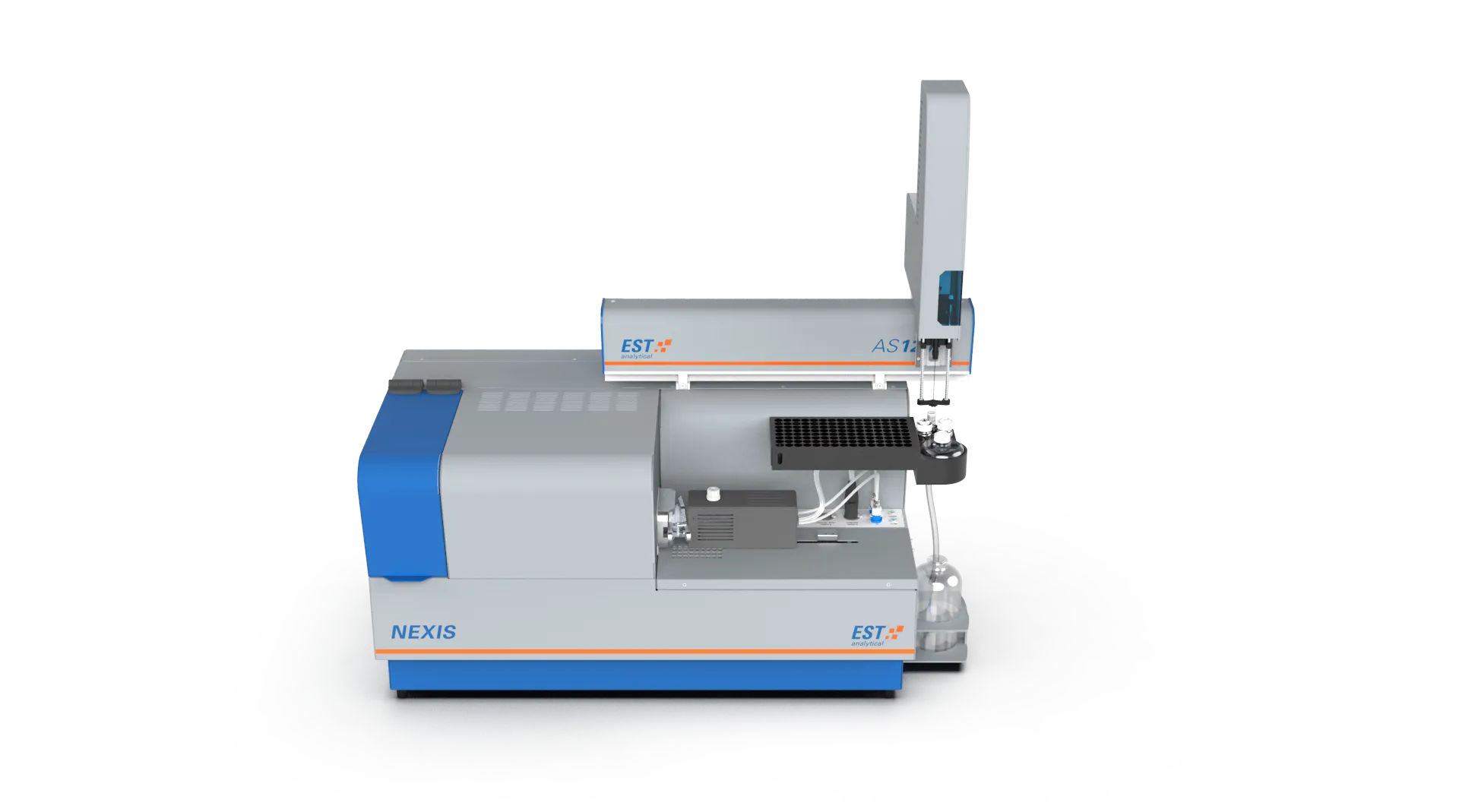TX analysis in crude oil micro-coulometry

The presence of chlorine in crude oil can hydrolyze during the refinery process to form hydrochloric acid which causes corrosion. Corrosion at petroleum refineries is a critical problem which exists at many places around the globe and has a huge cost impact in terms of maintenance. Therefore, an effective chloride monitoring solution should be implemented, and many refineries have implemented periodic testing of inorganic chlorides. A well-known, reliable and sensitive test method for the chlorine analysis in crude and fuel oil products is oxidative micro coulometric technique which has been applicable at the EST & TSHR Total Chlorine analyzer, model NEXIS TX.
This Application note shows the performance data on these types of samples using the NEXIS TX with boat introduction method.
Our Impact
EST Analytical has been helping labs achieve their analytical goals for over 30 years. Our vision is to engineer reliable laboratory instruments that enable partners to make the world a better place.
To help labs excel we offer Application Notes across our entire product line. They are a resource that explains the technology, performance, and abilities of our products as used against certain methodologies and or applications.
Whether your needs center around a USEPA method, an ASTM Standard, or a sample matrix-based outcome EST has you covered. If you don’t see the technical direction you need, simply contact us. We also offer sample analysis in our onsite Applications Lab.




